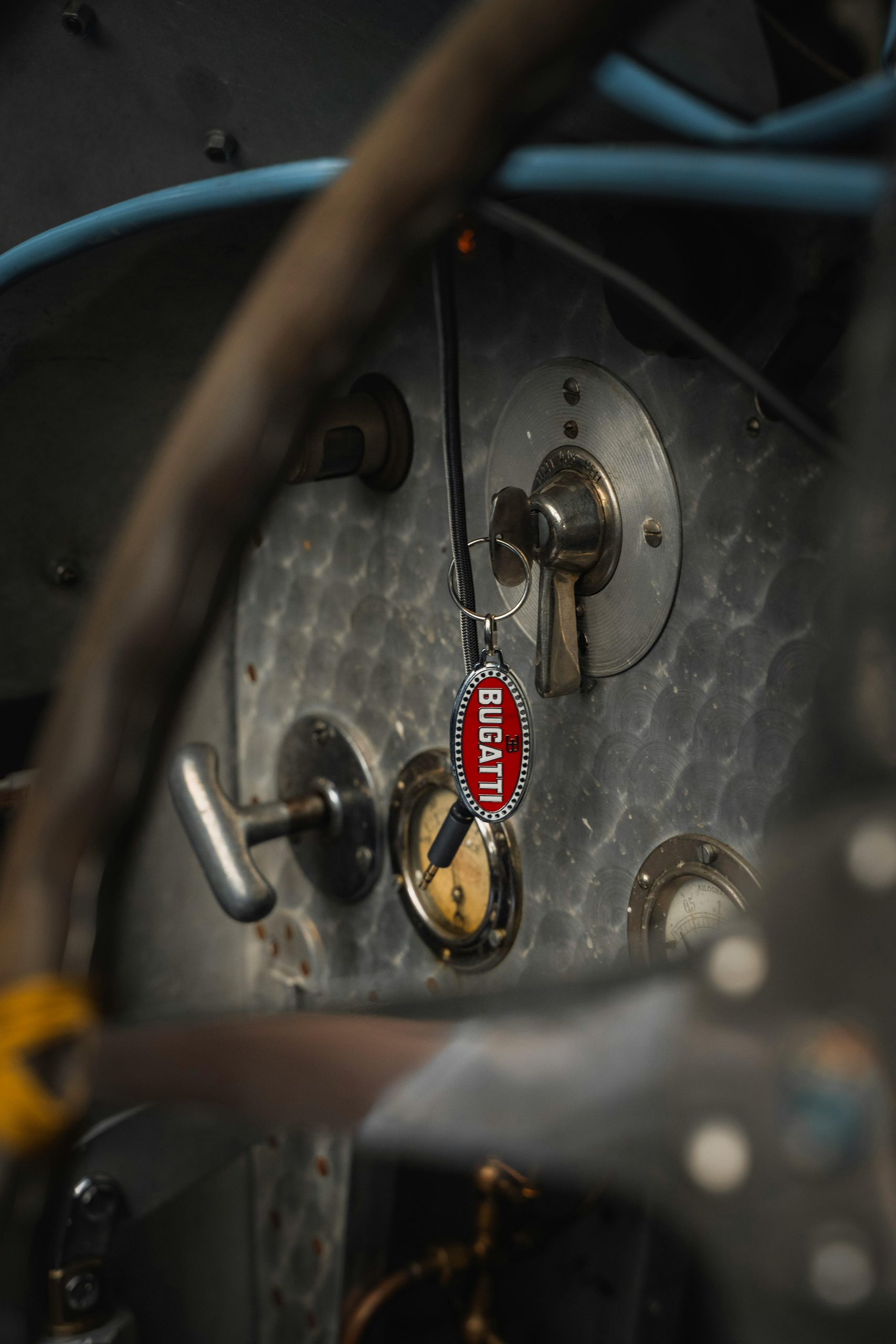The Jade Helm 15 conspiracy theory posited that a military exercise conducted by the United States in 2015 was actually a covert operation to invade and impose martial law in Texas. The belief in this theory reflected broader mistrust in governmental actions and fueled further skepticism among conspiracy-minded individuals. Since the events of Jade Helm 15 concluded without incident, the individuals who subscribed to this theory have generally not acknowledged any inaccuracies in their beliefs. Instead, they may have integrated this experience into a wider narrative of government suspicion.
Many adherents have likely shifted focus to other conspiracy theories, utilizing the same framework of distrust to interpret new information, especially as distrust in institutions and misinformation campaigns have grown more pronounced on various media platforms. While some former believers may have reconsidered their positions privately, the communal nature and social reinforcement of conspiracy theories often impedes public renunciation. Additionally, broader socio-political dynamics in subsequent years, including heightened partisanship and polarization, may have further entrenched their views or skepticism towards official narratives.
For some, the lack of concrete consequences of the Jade Helm 15 exercise has been rationalized as part of the conspiracy itself—suggesting pre-emptive exposure of the plan led to its failure, or that it was a test run for future operations. These beliefs are often reinforced in echo chambers within the digital sphere, where similar theories are propagated. Overall, those who believed in the Jade Helm 15 conspiracy theory continue to serve as a testament to the persistence and adaptability of conspiracy thinking in the face of contradicting evidence, reflecting a broader pattern observed in the analysis of conspiratorial beliefs.



